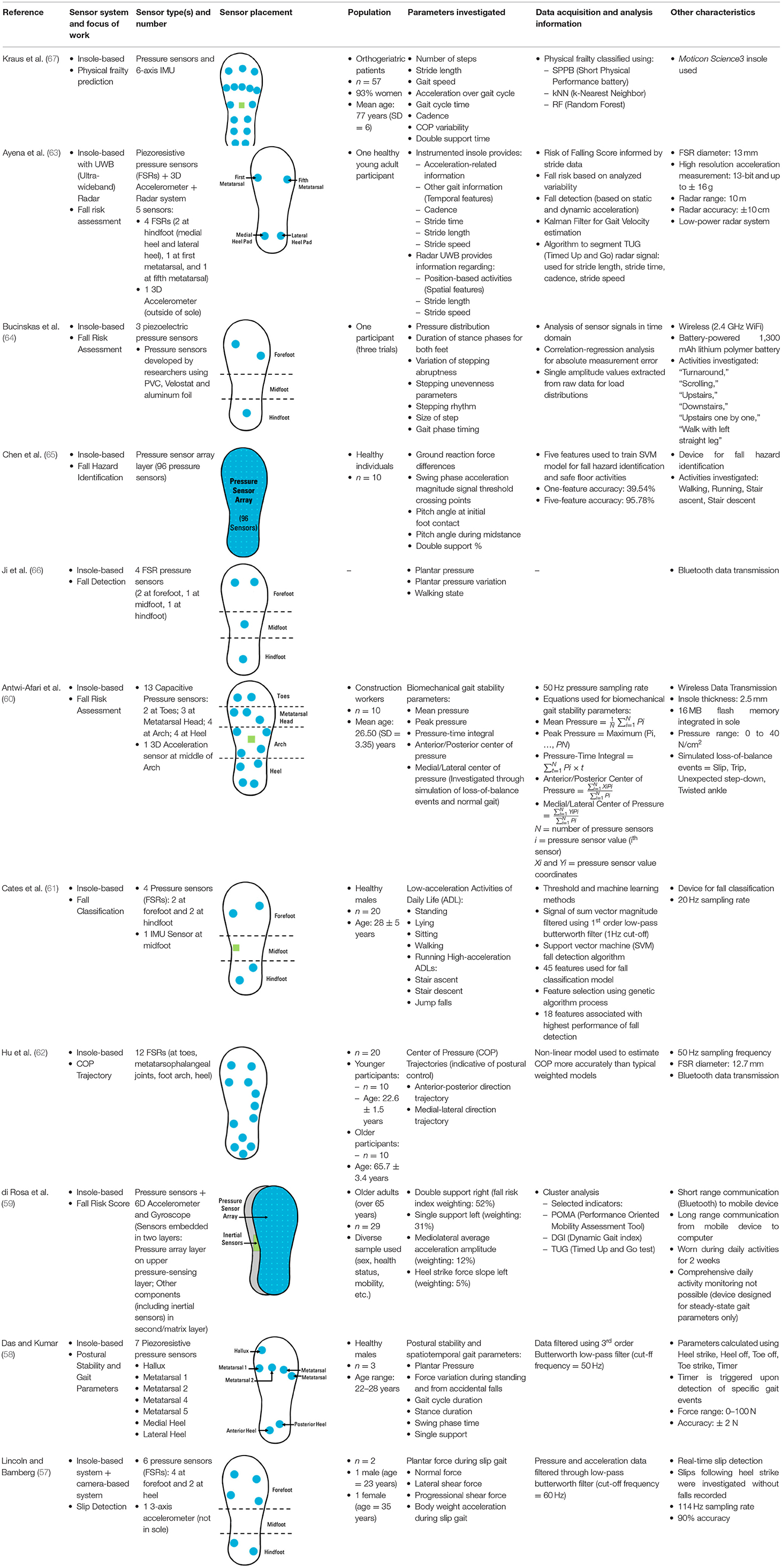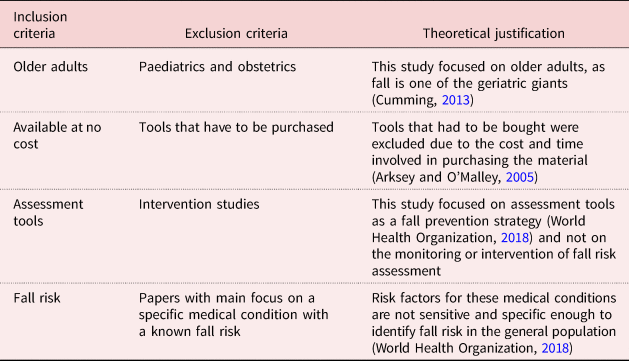Not known Details About Dementia Fall Risk
Table of ContentsDementia Fall Risk Things To Know Before You BuyMore About Dementia Fall RiskThe Greatest Guide To Dementia Fall RiskDementia Fall Risk Things To Know Before You Buy
A loss risk assessment checks to see exactly how likely it is that you will certainly drop. The analysis generally includes: This includes a series of questions about your general wellness and if you've had previous falls or issues with balance, standing, and/or walking.Interventions are recommendations that may minimize your danger of falling. STEADI consists of 3 actions: you for your danger of falling for your threat variables that can be boosted to attempt to stop falls (for example, balance troubles, impaired vision) to decrease your threat of falling by utilizing effective approaches (for example, providing education and learning and resources), you may be asked numerous concerns consisting of: Have you fallen in the previous year? Are you worried concerning falling?
If it takes you 12 seconds or more, it may indicate you are at greater risk for a fall. This test checks toughness and balance.
The placements will obtain tougher as you go. Stand with your feet side-by-side. Relocate one foot midway ahead, so the instep is touching the huge toe of your various other foot. Relocate one foot totally before the various other, so the toes are touching the heel of your various other foot.
The 10-Second Trick For Dementia Fall Risk
A lot of falls take place as a result of multiple adding aspects; for that reason, managing the risk of dropping begins with identifying the aspects that add to fall danger - Dementia Fall Risk. A few of one of the most relevant risk aspects consist of: Background of prior fallsChronic clinical conditionsAcute illnessImpaired gait and equilibrium, lower extremity weaknessCognitive impairmentChanges in visionCertain risky drugs and polypharmacyEnvironmental elements can additionally enhance the risk for drops, including: Poor lightingUneven or harmed flooringWet or unsafe floorsMissing or damaged hand rails and order barsDamaged or poorly fitted tools, such as beds, mobility devices, or walkersImproper use assistive devicesInadequate supervision of the people staying in the NF, including those who show aggressive behaviorsA successful autumn danger administration program requires an extensive medical assessment, with input from all members of the interdisciplinary team

The treatment plan should additionally consist of interventions that are system-based, such as those that promote a safe environment (ideal illumination, hand rails, get bars, and so on). The efficiency of the treatments must be reviewed occasionally, and the care strategy revised as needed to reflect adjustments in the fall threat assessment. Implementing a loss risk administration system making use of evidence-based finest technique can reduce the occurrence of drops in the NF, while limiting the capacity for fall-related injuries.
The Only Guide to Dementia Fall Risk
The AGS/BGS standard advises screening all adults matured 65 years and older for fall threat annually. This screening consists of asking patients whether they have fallen 2 or even more times in the previous year or looked for clinical interest for an autumn, or, if they have not fallen, whether they feel unstable when strolling.
Individuals that have actually dropped when without injury must have their balance and gait assessed; those with gait or equilibrium problems should receive additional assessment. A background of 1 autumn without injury and without gait or balance Go Here troubles does not necessitate further analysis past ongoing yearly autumn threat screening. Dementia Fall Risk. A loss threat evaluation is required as component of the Welcome to Medicare exam

Some Known Questions About Dementia Fall Risk.
Recording a falls background is one of the top quality signs for fall prevention and monitoring. copyright drugs in certain are independent forecasters of falls.
Postural hypotension can typically be minimized by decreasing the dosage of blood pressurelowering drugs and/or quiting medications that have orthostatic hypotension as a negative effects. Use above-the-knee assistance tube and resting with the head of the bed boosted might additionally lower postural reductions in blood stress. The suggested aspects of a fall-focused visit the website health examination are received Box 1.

A TUG time greater than or equal to 12 secs suggests high loss danger. Being not able to stand up from a chair of knee elevation without making use of one's arms shows raised fall threat.
Comments on “Indicators on Dementia Fall Risk You Should Know”